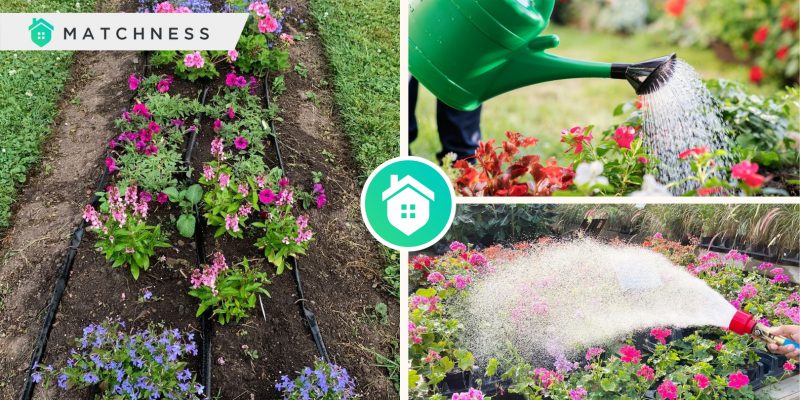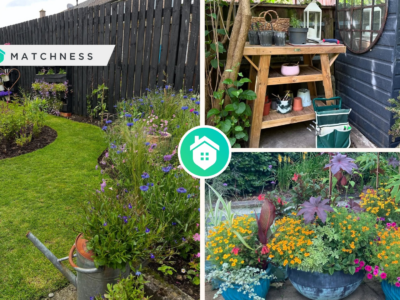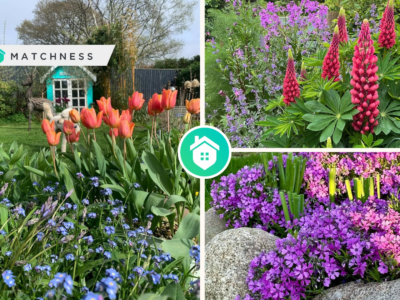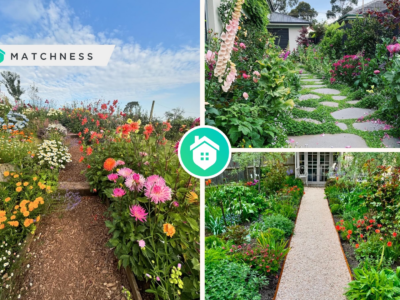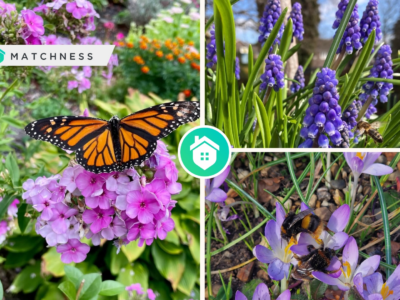The importance of your garden staying hydrated in the summer cannot be overstated. Proper hydration is essential for the health and growth of your plants, ensuring they can thrive in the heat and continue to produce beautiful blooms or bountiful harvests throughout the season. Especially, every plant requires a different level of watering. And, also, be sure to water properly and consistently, especially during periods of extreme heat, to keep your garden flourishing.
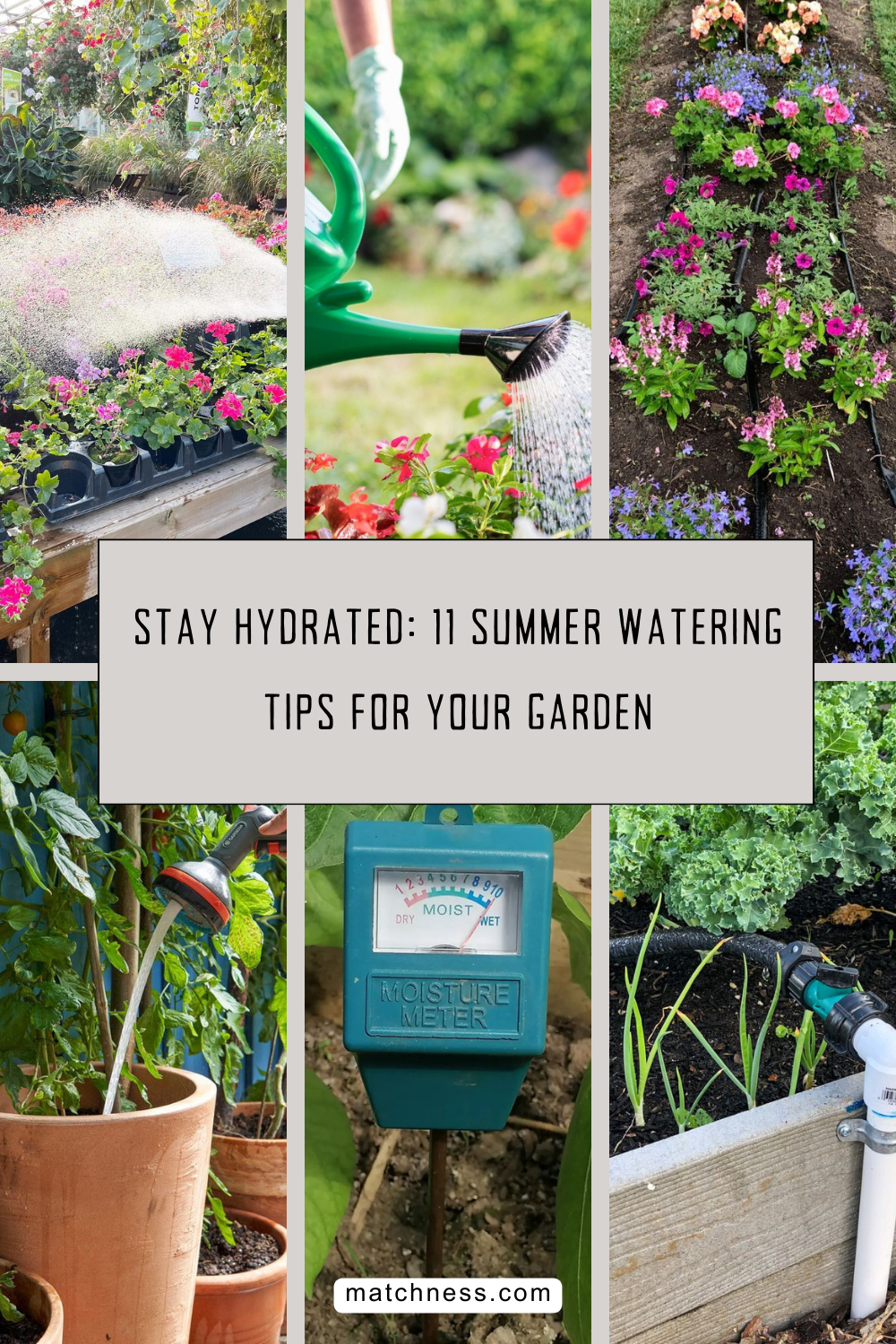
Related to that, all you need is summer watering tips to help you maintain a healthy garden during the hottest months of the year. By following these tips, you can ensure that your plants receive the right amount of water they need to thrive. Here are some summer watering tips for your garden.
Understanding Your Garden’s Watering Needs
When watering your garden in the summer, you have to understand your garden’s watering needs. Different water requirements for different types of plants are important to consider, as some plants may need more frequent watering than others. It can also be influenced by factors such as soil type, sun exposure, and plant maturity.
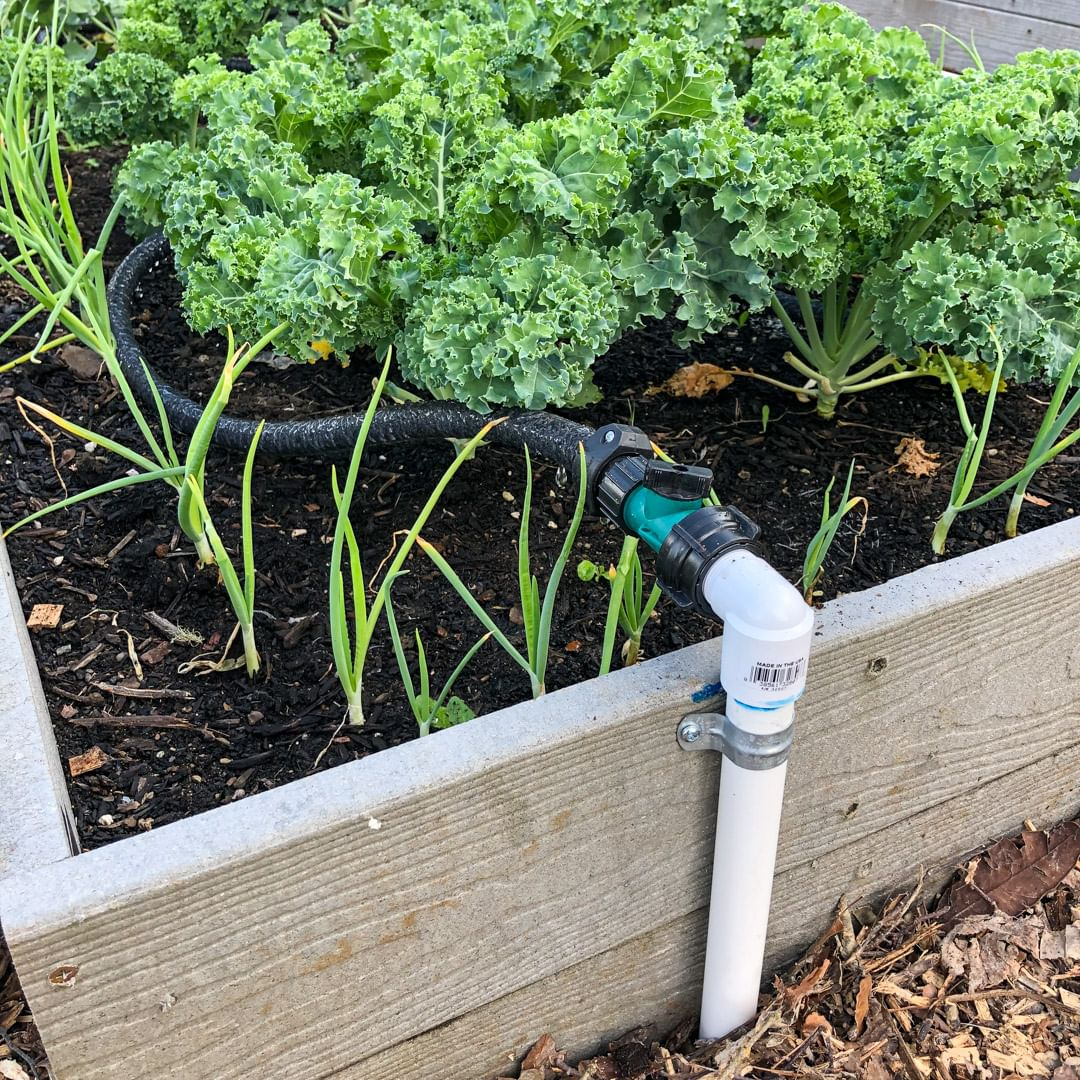
Scallions and lettuce need watering regularly to ensure they stay hydrated and healthy. Understanding your vegetable watering garden needs can help prevent over or underwatering, leading to optimal growth and productivity in your garden. Summer watering from @anoregoncottage
Signs of Overwatering and Underwatering
Also, this summer, you have to know the signs of your garden plants. Whether overwatering or underwatering, it’s important to pay attention to any wilting, yellowing, or browning of leaves. Keeping a close eye on your plants will help you maintain a healthy garden throughout the season. If you notice any of these signs, adjust your watering schedule accordingly to prevent damage to your plants. Remember that different plants have different watering needs, so be sure to research the specific requirements for each type in your garden.
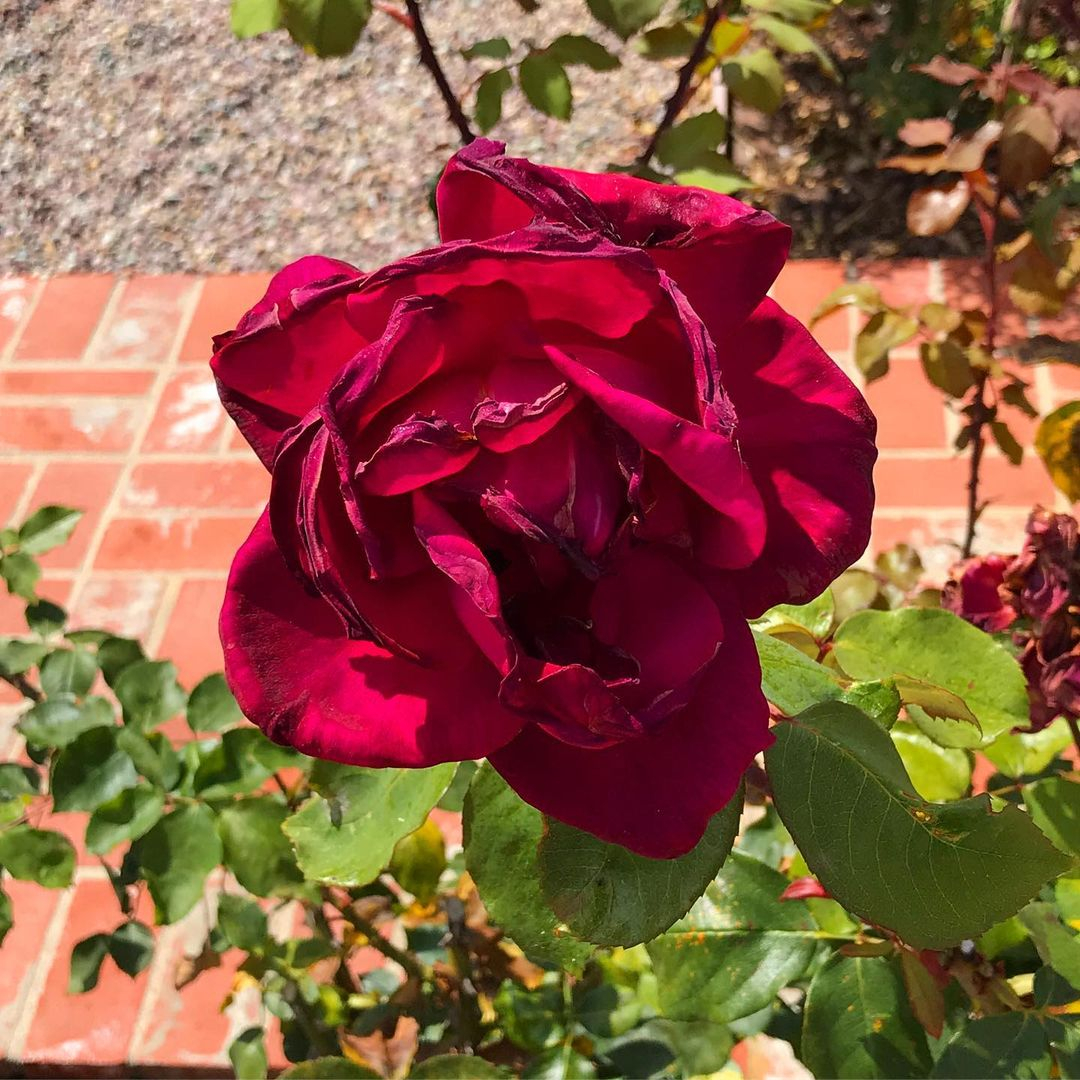
When your red roses are getting wilting this summer, you need to water them more frequently to keep them hydrated and looking fresh. Additionally, consider trimming any dead or dying leaves to promote new growth and prolong the life of your roses. Wilting flowers from @timmrush
Best Practices for Watering Your Garden
Watering early in the morning or late in the evening
Remember to water early in the morning or late in the evening to reduce evaporation. This will ensure that the water is able to penetrate the soil and reach the roots of your plants effectively. Additionally, watering during these times will also help prevent water loss due to evaporation caused by the sun’s heat during the day. This practice can lead to healthier and more resilient plants in your garden.
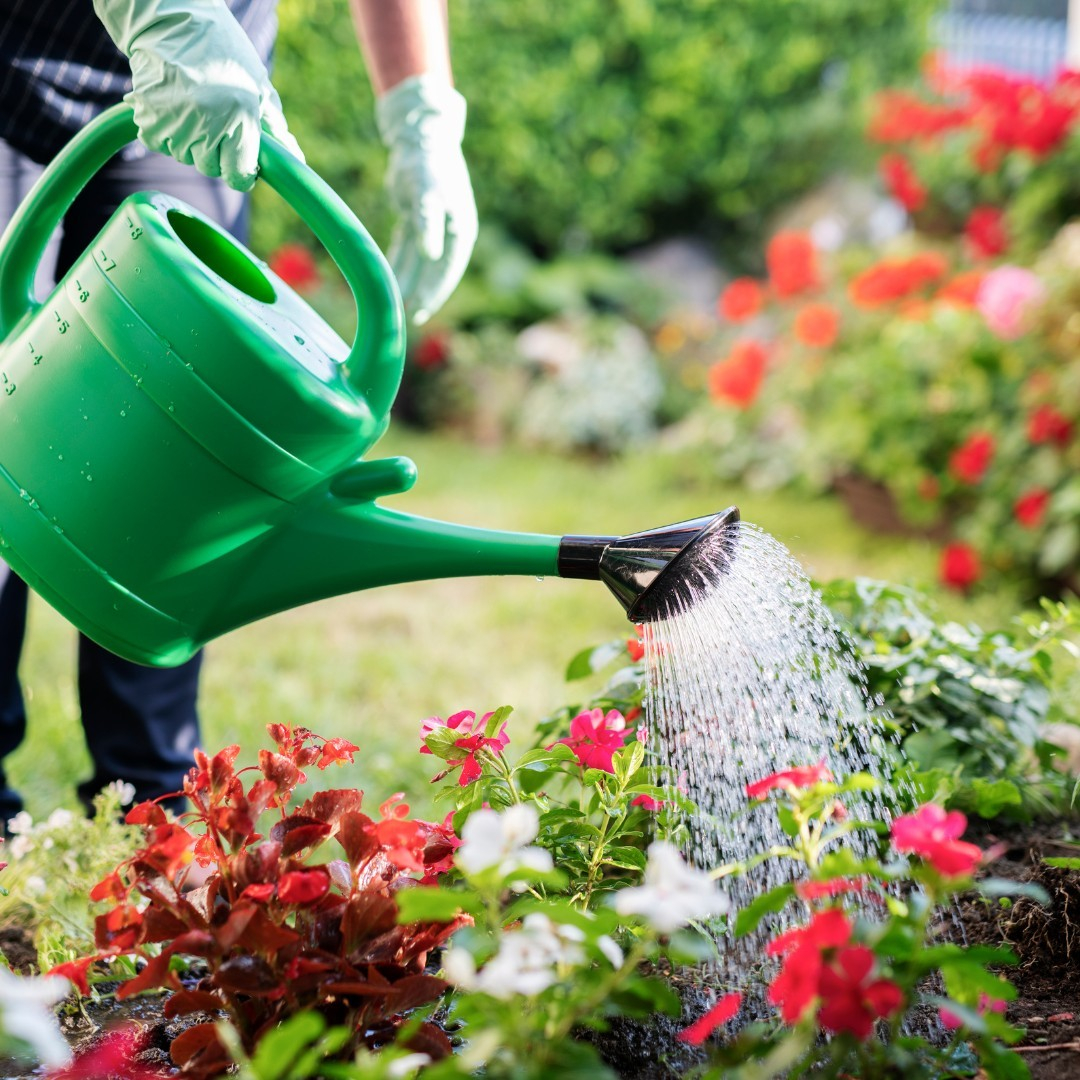
During summer, you can water the flower garden in the early morning or late evening to prevent evaporation. Using a watering can instead of a hose can help target the roots of the plants more effectively and reduce water waste. Watering schedule from @hozelock
Using a soaker hose or drip irrigation system for efficient watering
Consider investing in a soaker hose or drip irrigation system to deliver water directly to the roots, minimizing waste and promoting deep root growth. By staying attentive to your plants’ watering needs and implementing these strategies, you can enjoy a vibrant and flourishing garden all summer long.
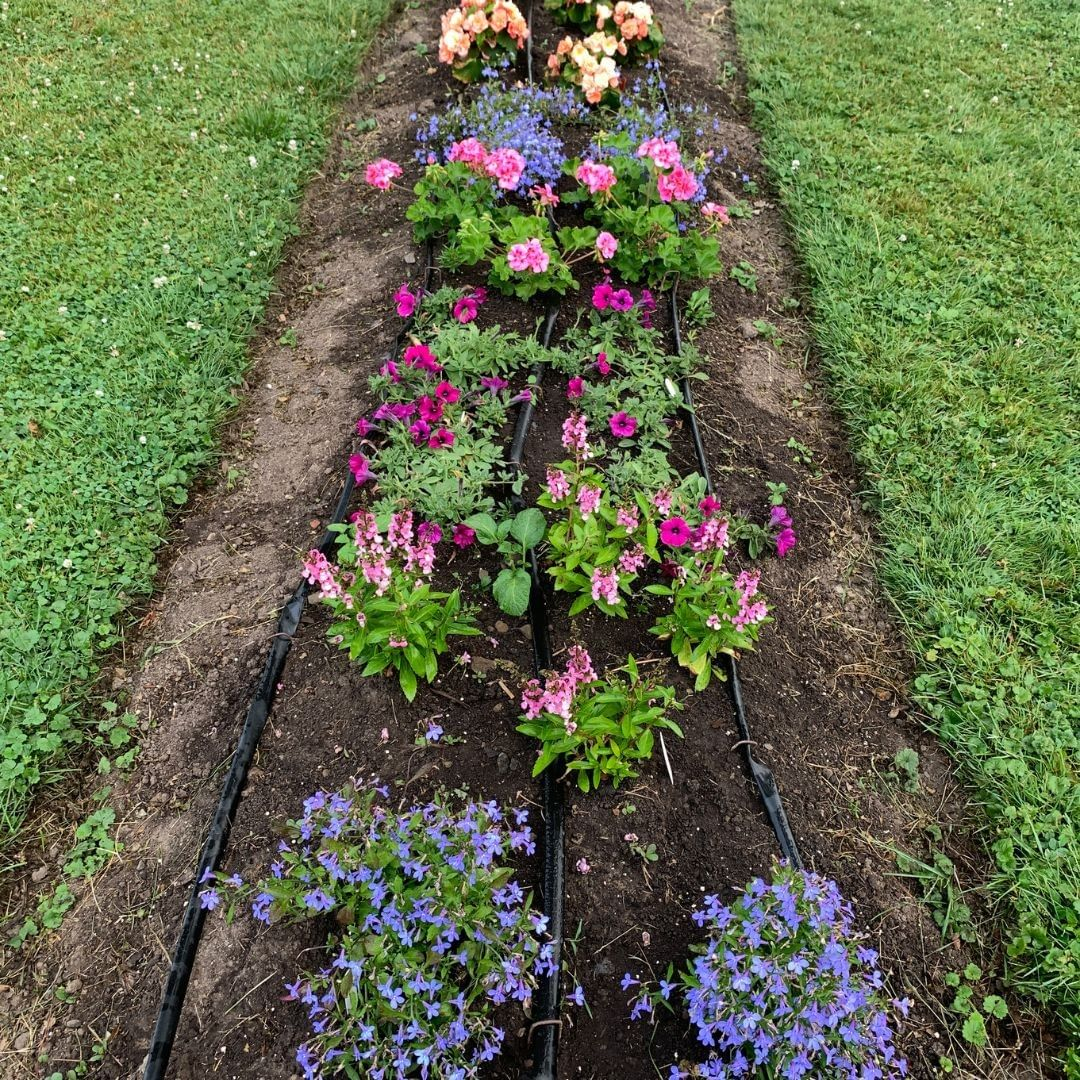
These soaker hoses will hydrate the flowers and plants in your garden efficiently by delivering water directly to the roots, reducing evaporation and waste. This will help promote healthy growth and vibrant blooms throughout the growing season. Soaker hoses from @foremansgeneral
Mulching to retain moisture and reduce evaporation
Properly mulching your garden can also help retain moisture and reduce the frequency of watering needed during hot weather. This can save you time and money on your water bill, while also providing insulation for plant roots during extreme temperatures. Additionally, mulch can help prevent weed growth and improve the overall appearance of your garden.
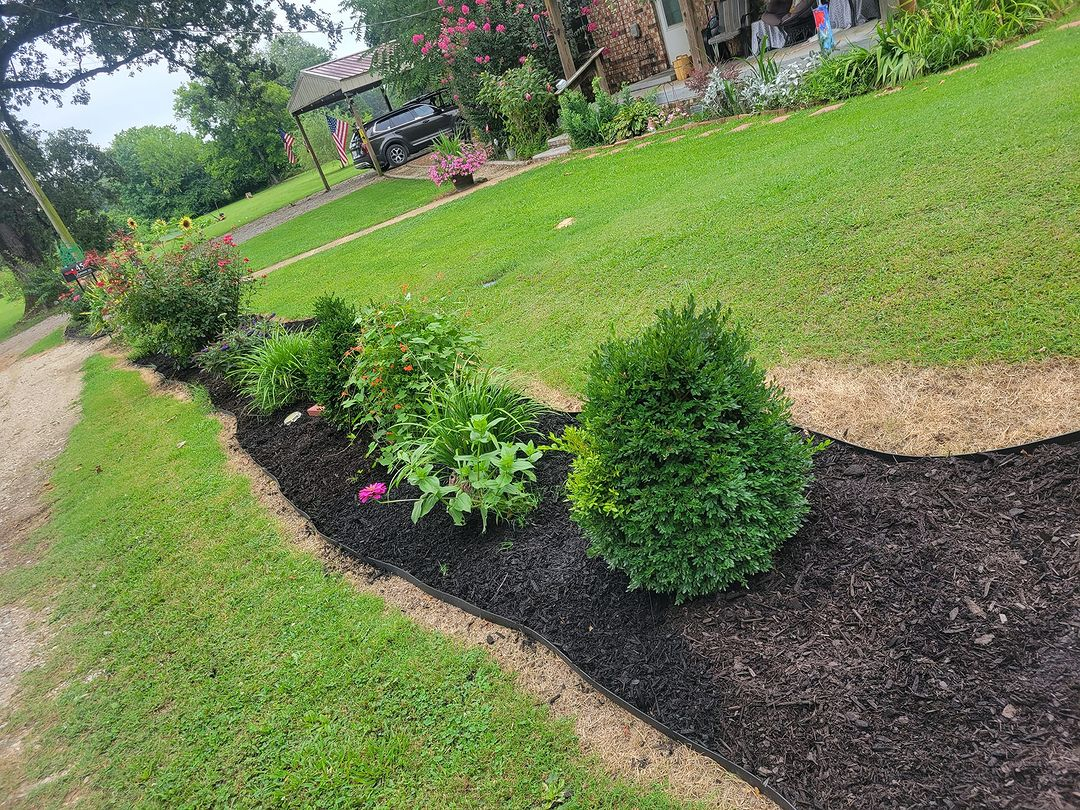
Mulching will help retain the moisture in the soil, so, you won’t have to water your plants as frequently. Mulching from @elizabethhrichey
Monitoring and Adjusting Your Watering Routine
Checking soil moisture levels regularly
Another summer watering tip is checking soil moisture levels regularly. This can help ensure plants are receiving adequate hydration during periods of extreme heat. There will be an indicator on the soil thermometer that will show if the soil is too dry or too wet. If the soil is too dry, consider increasing the frequency of watering, especially for plants in containers or exposed to direct sunlight. On the other hand, if the soil is too wet, reduce watering to prevent root rot and other issues caused by overwatering.
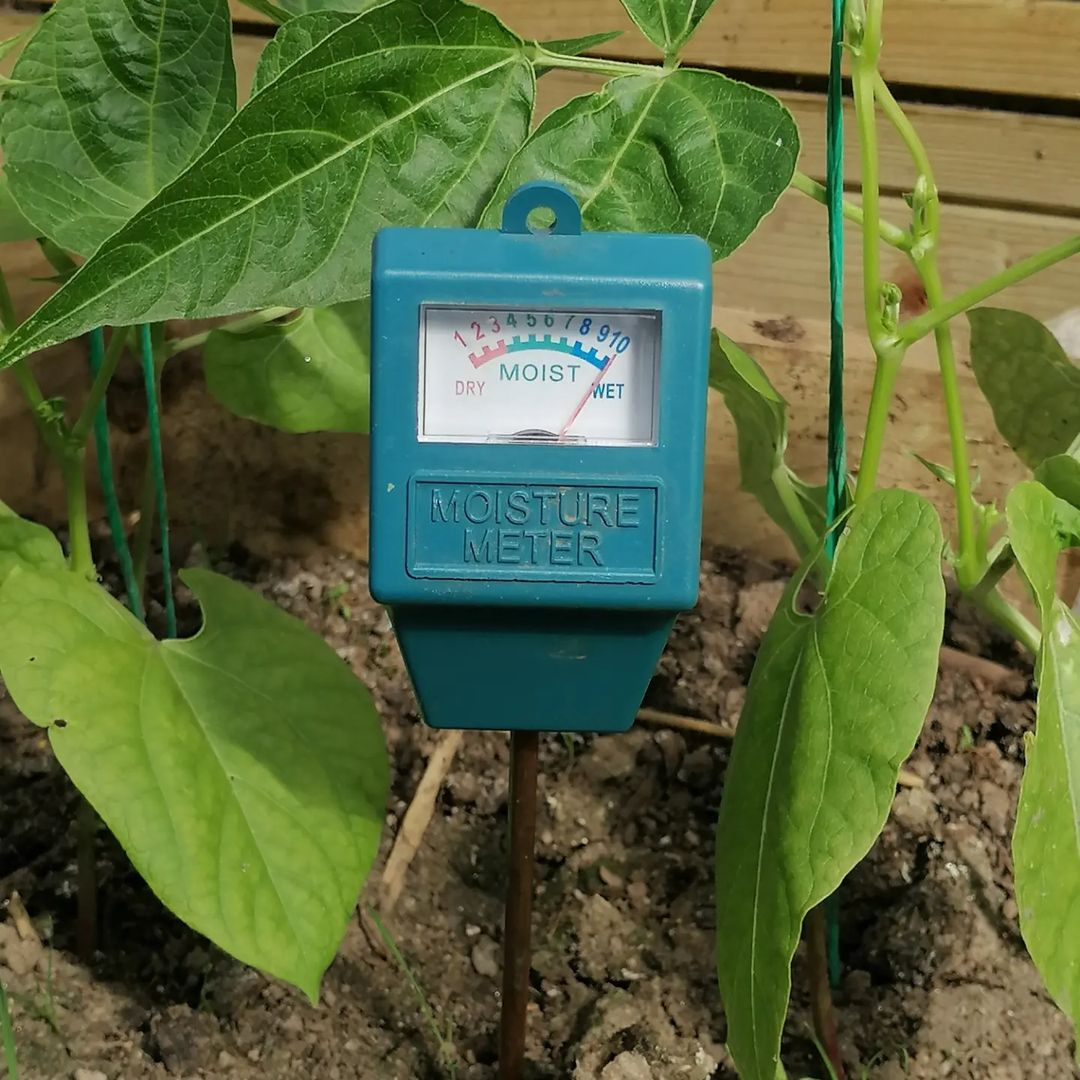
A soil thermometer will help you know the soil condition during the summer. It will guide you to do summer watering effectively, preventing overwatering or underwatering your plants. This will ultimately promote healthy growth and thriving garden beds throughout the hotter months. Soil thermometer from @partthymepeasant
Adjusting watering schedule based on weather conditions
Adjusting the watering schedule this summer based on weather conditions. If the weather is too hot and dry, consider increasing the frequency of watering to prevent plants from drying out. Conversely, if there are heavy rains, you may need to decrease watering to avoid over-saturation of the soil.
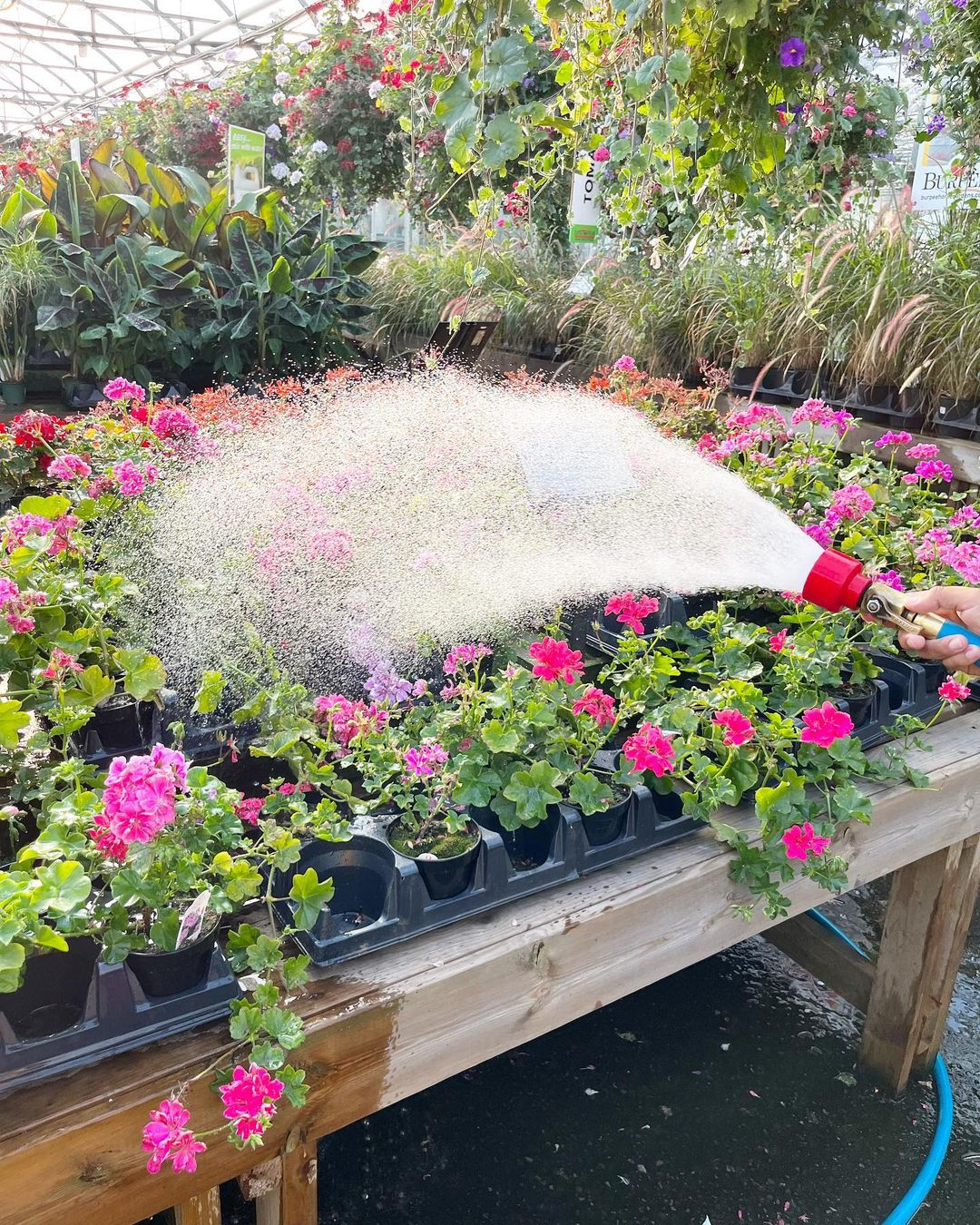
Due to the hot weather, your flowers need to be watered more frequently to prevent them from wilting. Make sure to also provide some shade during the hottest parts of the day to protect them from sun damage. Watering tips from @littlemountaingreenhouses
Making adjustments based on plant growth and development
Another way is to make adjustments based on plant growth and development. It is important in this summer season. For example, if plants are in their early stages of growth, they may require more frequent watering compared to established plants. Or, if plants are flowering or fruiting, they may need more water to support their increased nutrient needs. It’s crucial to monitor your plants closely and make adjustments as needed to ensure they thrive in the changing summer conditions.
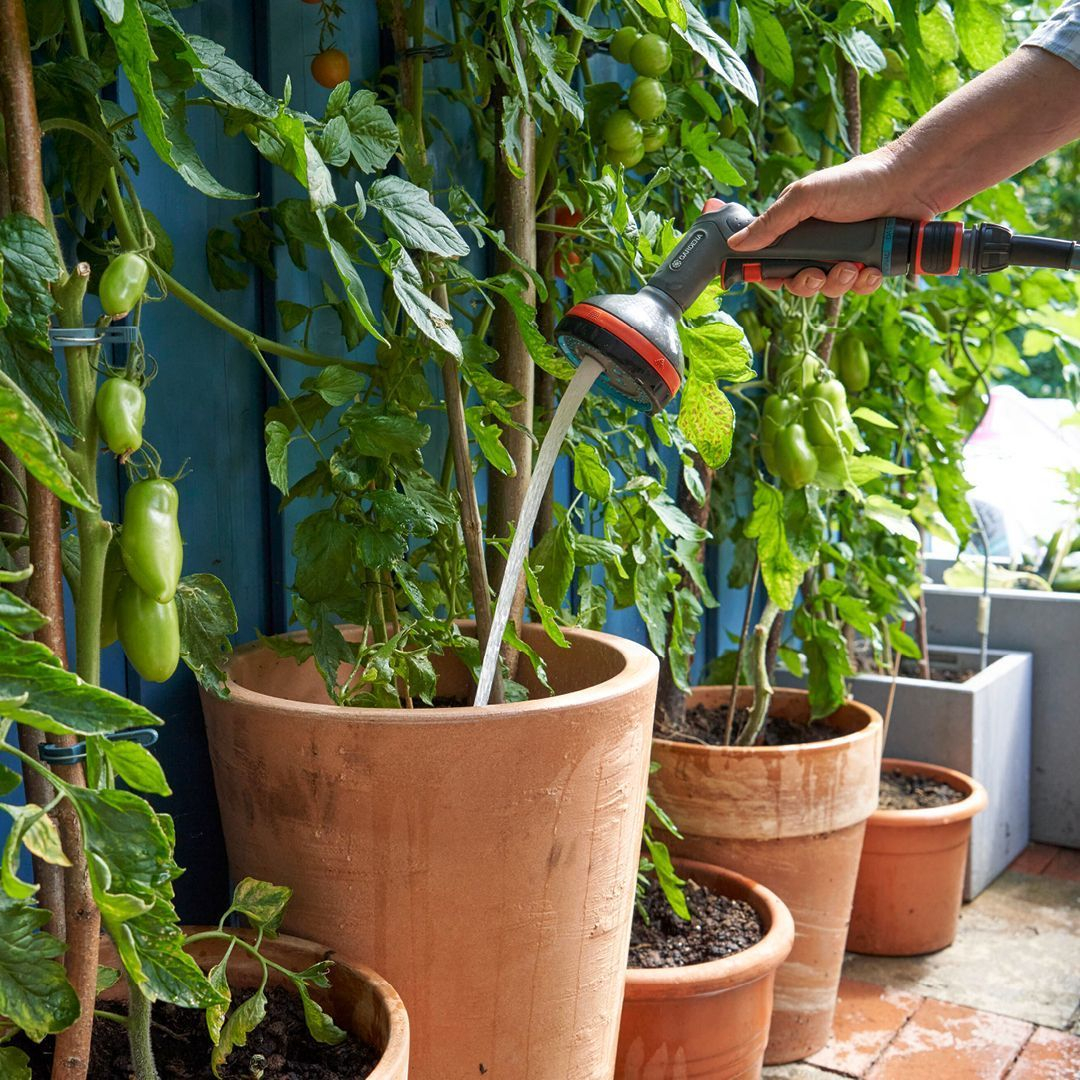
If this summer your vegetable gardens are fruiting, you can water them regularly to ensure they stay healthy and produce a bountiful harvest. Remember to also check for any signs of pests or diseases that may affect your plants. Vegetable garden from @gardena.australia
Additional Tips for Summer Watering
Using rainwater or collected water when possible
In the summer, maybe rainy days are less frequent, so it’s important to take advantage of any opportunity to collect and store water for your plants. If it is possible, why not? All you have to do is just set up a rain barrel or other water collection system to ensure you have a sustainable water source for your plants during drier periods. This proactive approach can help you conserve water and keep your plants healthy throughout the summer season.

Collecting the rainwater in a large bucket allows for easy access to water for plants during dry periods. Additionally, it helps reduce water usage and utility costs. Rainwater harvesting from @80erhaven
Grouping plants with similar water needs together
This is an additional tip for summer watering to help ensure that each plant receives the appropriate amount of water and to prevent over- or underwatering. By grouping plants with similar water needs together, you can create more efficient watering schedules and prevent wasting water on plants that don’t need it. This method also promotes healthier plant growth by providing each species with the ideal amount of moisture for their individual requirements.
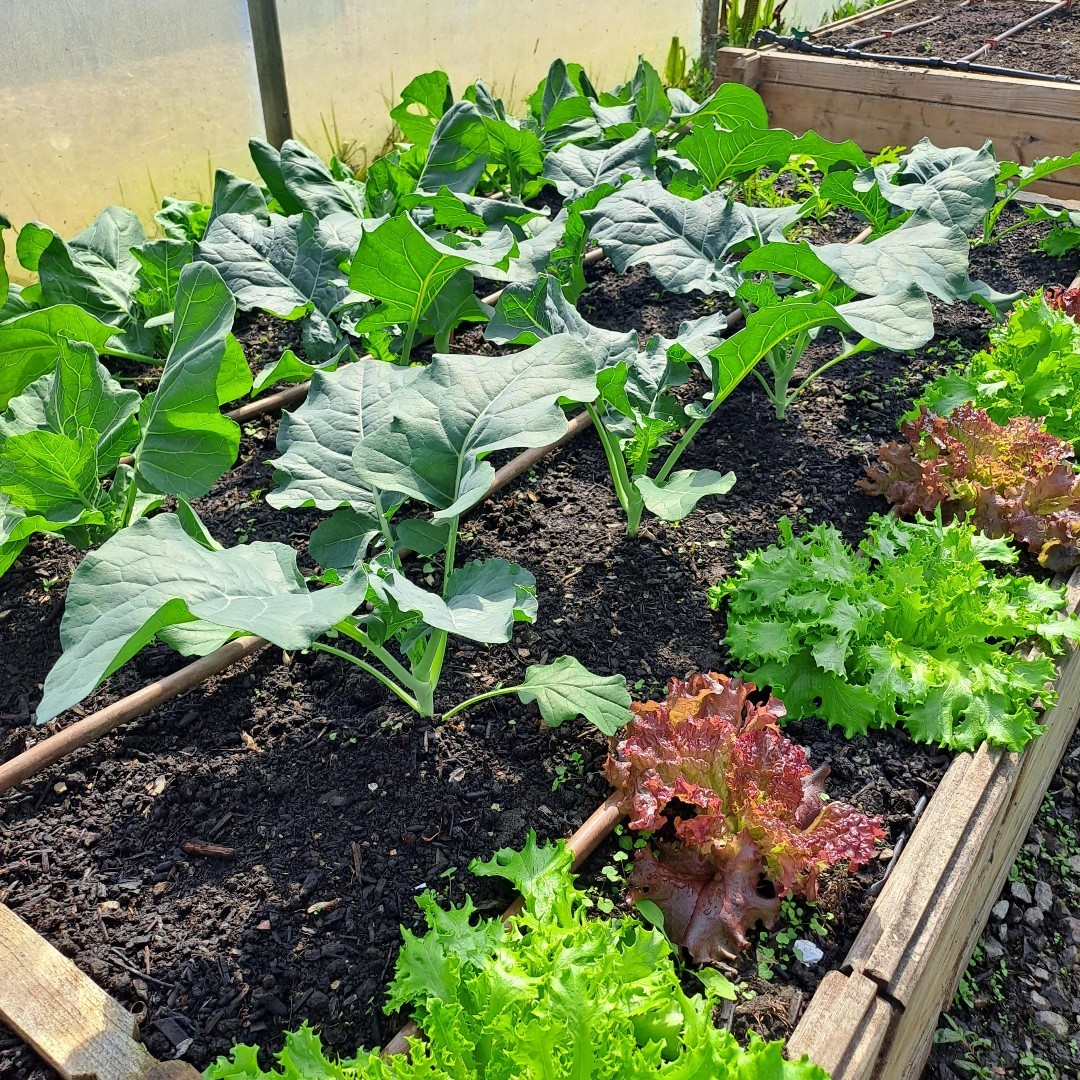
Grouping vegetables with similar water needs, such as lettuce, radish, or beetroot, can help optimize irrigation practices and ensure that each plant receives the appropriate amount of water for optimal growth. This can also prevent overwatering or underwatering certain plants, leading to healthier crops overall. Similar plants from @quickcropuk
Avoiding watering foliage to prevent disease
Avoiding watering foliage to prevent disease is another important aspect of summer watering. Wet foliage can create a breeding ground for fungal diseases, so it’s best to water plants at the base to keep leaves dry and reduce the risk of infection. This practice can help maintain the overall health and vitality of your garden during the hot summer months.
In conclusion, following these summer watering tips will help keep your garden healthy and thriving during the hot months. Remember to adjust your watering schedule as needed based on weather conditions and the specific needs of your plants.


